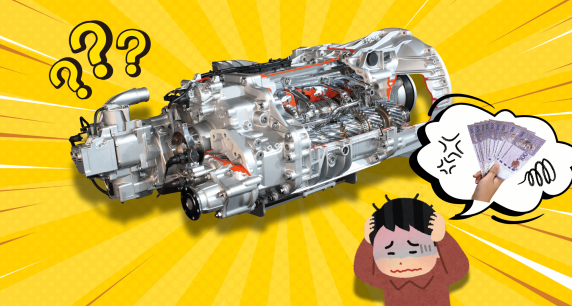Common Car Parts That Fail Without You Noticing
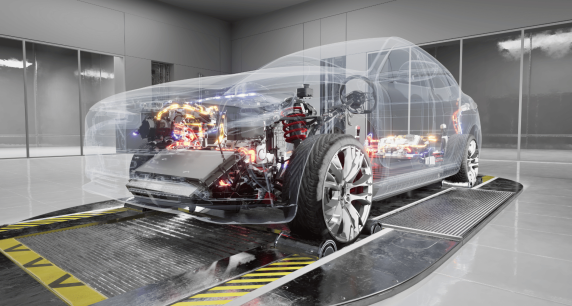
When it comes to car maintenance, most people rely on warning lights, strange noises, or noticeable changes in performance to tell them something’s wrong. But the truth is, many critical car parts can begin to fail silently, showing little to no obvious symptoms until the damage is already done. By the time drivers realize there’s an issue, they’re often faced with expensive repair bills or worse, sudden breakdowns that could have been avoided.
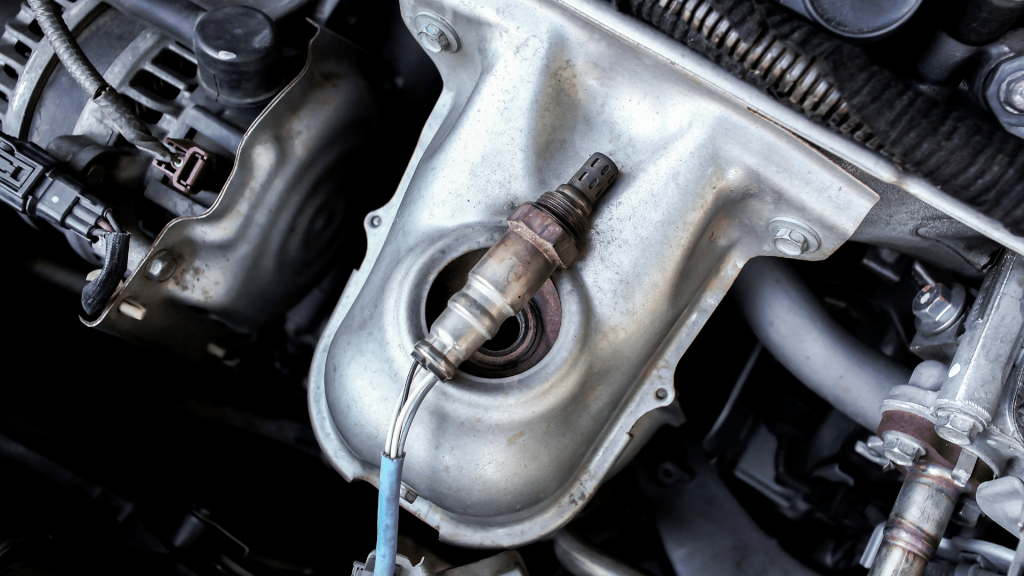
One of the most common silent culprits is the oxygen sensor, also known as the O2 sensor. It plays a crucial role in maintaining fuel efficiency and regulating emissions by measuring the oxygen level in the exhaust. Over time, it degrades slowly. The car might still run, but the engine becomes less efficient without the driver even realizing. Eventually, this can lead to bigger problems, such as a damaged catalytic converter, which is far more expensive to replace.
Similarly, the mass air flow (MAF) sensor, which monitors the amount of air entering the engine, can become dirty or faulty with age. While this might cause the engine to feel slightly sluggish or use more fuel, the symptoms are subtle and often mistaken for something minor. Drivers might not act until the problem becomes severe, affecting performance and leading to costly repairs.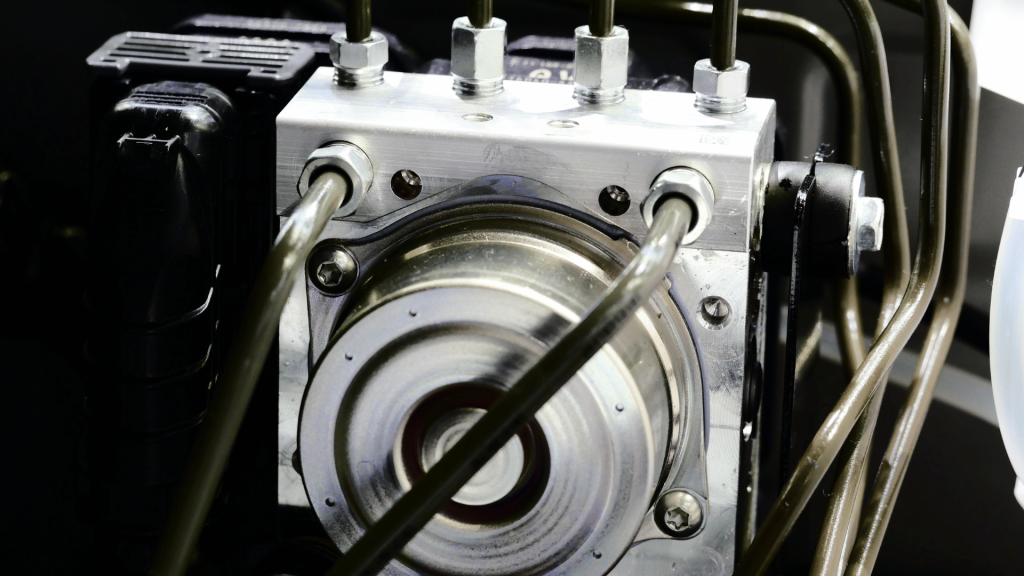
Another often-overlooked part is the ABS module. The Anti-lock Braking System is designed to prevent your wheels from locking during sudden braking. However, the module can develop electronic faults without any physical signs. Everything may seem fine until one day the brakes don’t respond the way they should in an emergency. It’s a risk no driver should take.
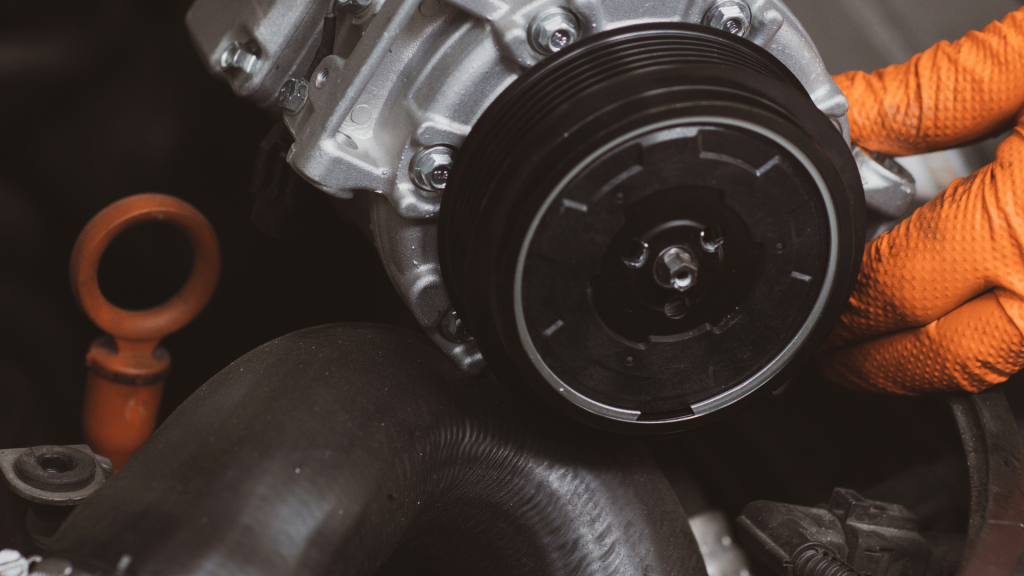
The air conditioning compressor is another silent failure point, especially in hot and humid climates like Malaysia. While it works hard behind the scenes to keep you cool, wear and tear can reduce its efficiency over time. Most drivers don’t notice until the AC suddenly stops blowing cold air, and the entire compressor may need replacing, which can be costly.
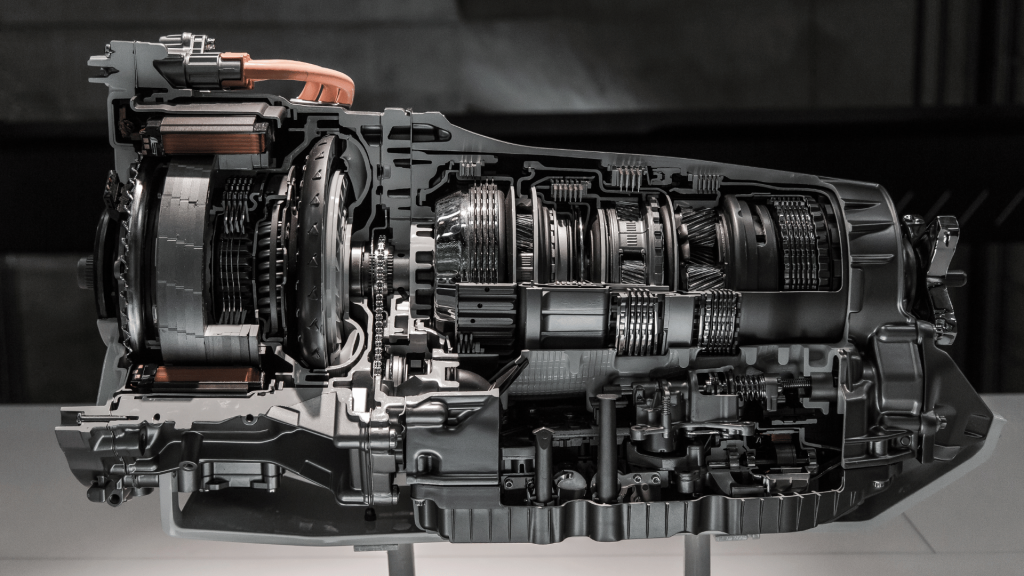
Transmission issues can also sneak up unexpectedly. The valve body inside an automatic transmission controls gear shifting by managing the flow of hydraulic fluid. If it begins to fail internally, you might notice occasional jerks or shifting delays, but many ignore these signs until the gearbox is seriously damaged. Transmission repairs are among the most expensive car fixes.
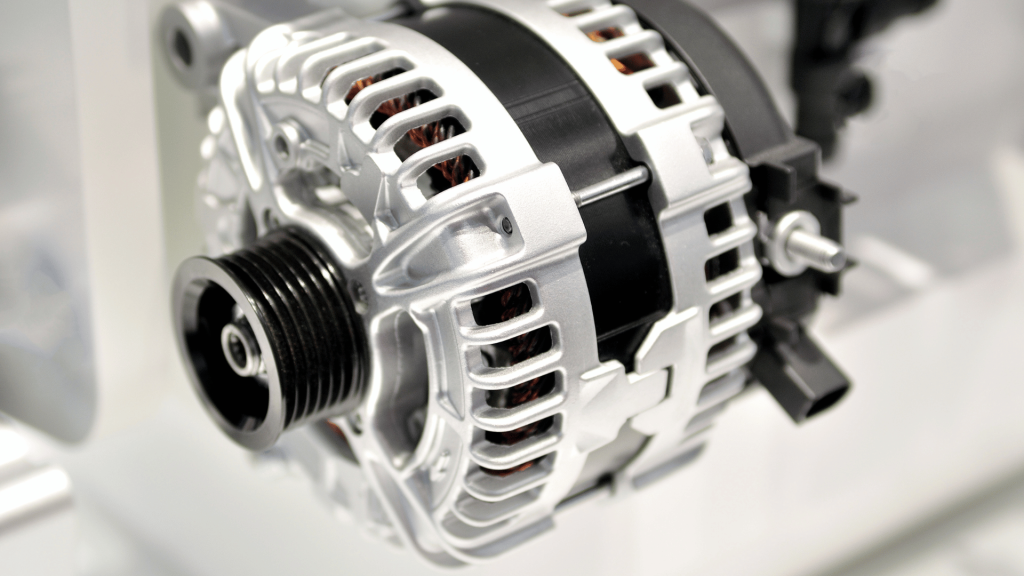
Alternators are another key component that often fail silently. As the device responsible for charging your battery and powering your car’s electrical systems, a failing alternator may first show signs as dim headlights or an occasional battery warning. These are easy to overlook until your car refuses to start.
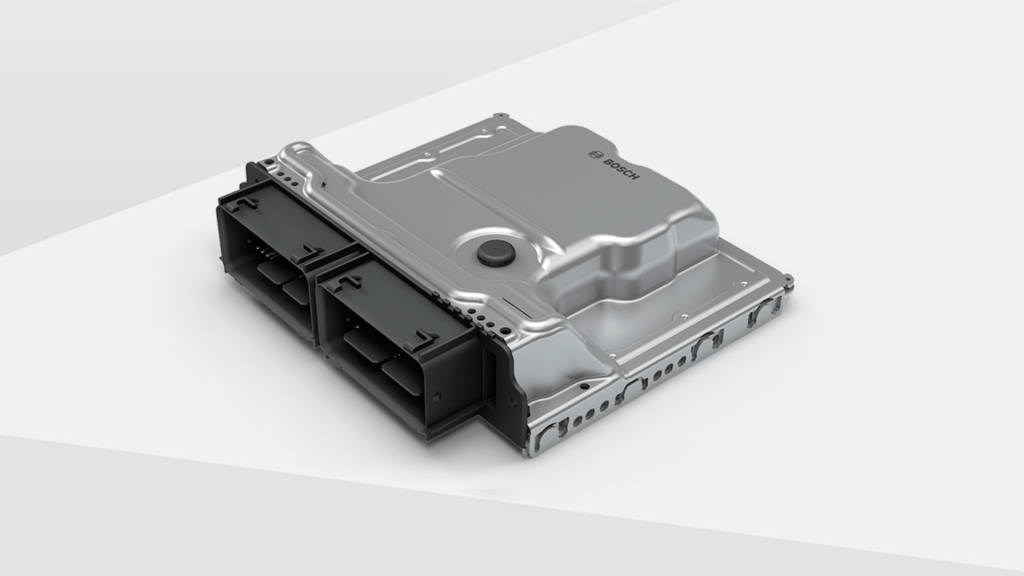
And then there’s the ECU, or Electronic Control Unit, essentially the brain of the car. It controls everything from ignition timing to fuel injection and more. When it starts to fail, the symptoms can be unpredictable: rough idling, misfiring, or strange dashboard behavior. Because it operates in the background, many drivers don’t realize there’s an issue until the car completely fails to start or operate properly. Replacing an ECU is not only expensive, but it often requires reprogramming as well.
All these parts can wear out quietly, and by the time a mechanic catches the problem, the costs may already be high. That’s where an extended protection plan like our GMR Extended Warranty becomes invaluable. It provides coverage for major components that may fail unexpectedly, offering peace of mind against sudden breakdowns and substantial bills.
At the end of the day, it’s not just about keeping your car running. It’s about protecting your daily routine, finances, and safety. While regular servicing helps, it’s impossible to predict when these hidden failures will occur. GMR Extended Warranty fills in that gap, ensuring you’re not left stranded or financially burdened when your car’s silent parts decide to stop working.

